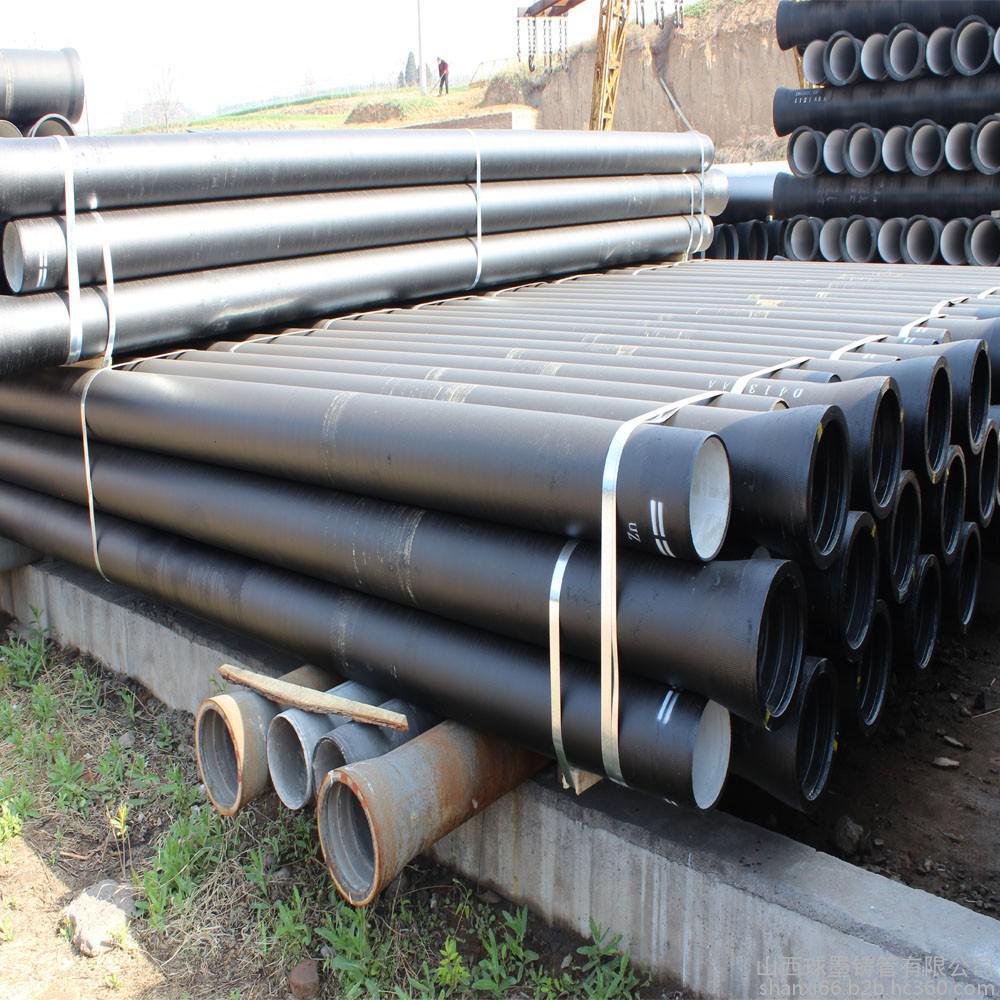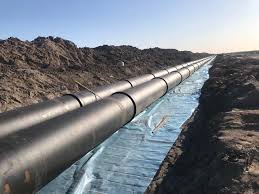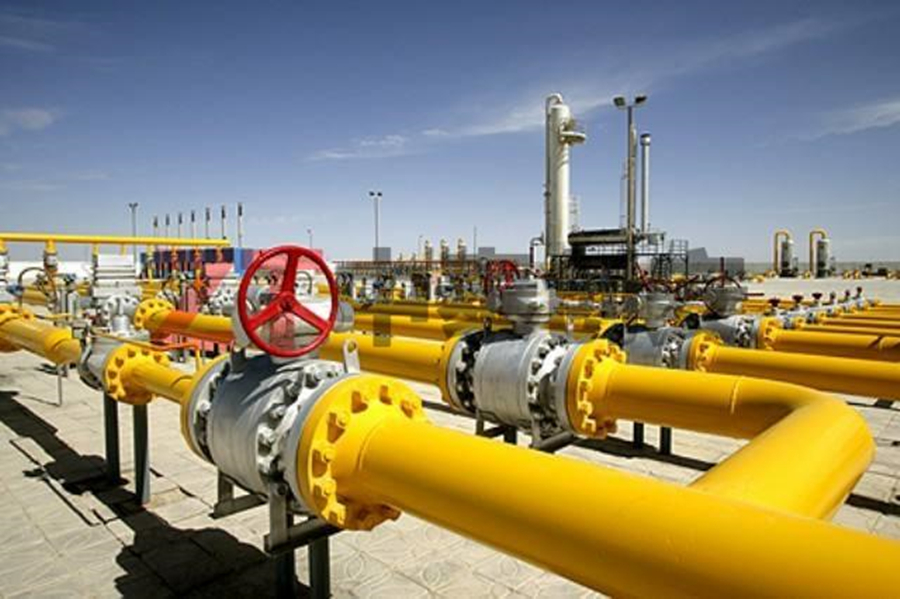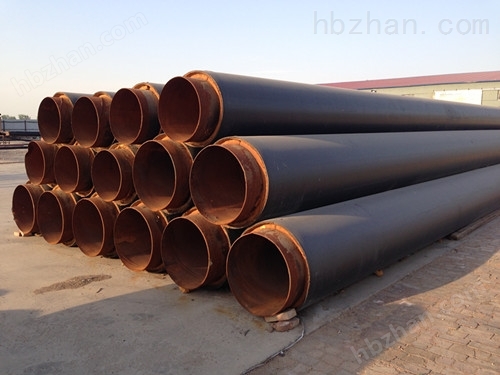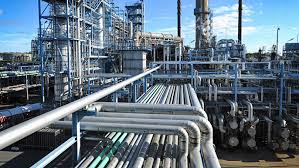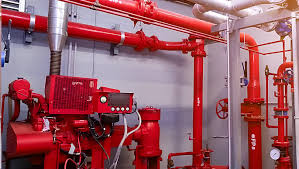Classification and Material Requirements of Cast Pipes by Application
2024-12-18 10:00:08 hits:0
Cast pipes can be classified according to their applications into various categories: Water Supply Pipes, Drainage Pipes, Oil and Gas Transmission Pipes, Heat Transfer Pipes, Chemical Process Pipes, and Firefighting Pipes. Each of these categories has different application scenarios, material requirements, and raw material specifications. Below is a detailed explanation of each category.
1. Water Supply Pipes
(1) Application Scenarios
- Urban Water Supply Systems: Cast pipes are commonly used for the transport of potable water in urban areas.
- Water Supply for Rural and Remote Areas: Cast pipes can be used in smaller cities or rural areas to supply water.
- Agricultural Irrigation: Cast pipes are used for transporting irrigation water in agricultural systems.
(2) Material Requirements for Cast Pipes
- Corrosion Resistance: Water supply pipes need to be resistant to corrosion since water can contain various corrosive substances.
- Non-Toxicity: The materials used must be safe for drinking water and should not leach harmful substances.
- Strength and Durability: Cast pipes must withstand soil pressure and external mechanical impacts when buried underground.
(3) Raw Material Requirements
- Gray Cast Iron: Traditional material for water supply pipes, providing good castability at a relatively low cost.
- Ductile Iron: A more recent material that offers superior strength, toughness, and corrosion resistance, particularly suitable for large-diameter pipes and high-pressure systems.
- Stainless Steel: Used in special situations, such as in areas with aggressive water chemistry or where longer service life is required.
2. Drainage Pipes
(1) Application Scenarios
- Urban Sewage Systems: Used to transport wastewater, stormwater, and industrial effluents from residential, commercial, and industrial areas to treatment plants.
- Industrial Effluent Discharge: Wastewater pipes used in chemical plants, petroleum refineries, etc., to carry away industrial effluents.
(2) Material Requirements for Cast Pipes
- Corrosion Resistance: Since drainage pipes often carry sewage and chemical waste, they need to be highly resistant to corrosion.
- Abrasion Resistance: Drainage pipes may transport solid particles such as sand or debris, so the pipes must have good abrasion resistance.
- Strength and Durability: Drainage pipes need to withstand external pressures and mechanical impacts, especially those in underground urban areas.
(3) Raw Material Requirements
- Gray Cast Iron: Suitable for low to medium-pressure drainage systems.
- Ductile Iron: With its superior corrosion resistance, wear resistance, and high strength, ductile iron is ideal for higher-pressure systems and environments with high external impacts.
- Stainless Steel: For chemically aggressive environments, such as highly acidic or alkaline wastewater systems, stainless steel cast pipes are preferred.
3. Oil and Gas Transmission Pipes
(1) Application Scenarios
- Petroleum Transport: Used for long-distance transportation of crude oil, including cross-regional and cross-border pipelines.
- Natural Gas Transmission: Used for transporting natural gas, both in its liquid and gaseous forms.
- Transport of Petroleum Products: Includes pipelines for transporting refined products like gasoline, diesel, and petrochemical products.
(2) Material Requirements for Cast Pipes
- High Pressure Resistance: Oil and gas transmission pipes must withstand high internal fluid pressures, requiring high-strength materials.
- Corrosion Resistance: Oil and gas pipelines may come into contact with corrosive gases (e.g., hydrogen sulfide) or water-containing fluids, requiring materials with excellent corrosion resistance.
- Temperature Resistance: Some oil and gas pipelines operate in extreme temperature conditions, necessitating materials that can withstand both high and low temperatures.
(3) Raw Material Requirements
- Ductile Iron: Commonly used in oil and gas pipelines due to its strength, corrosion resistance, and ability to withstand high pressures.
- Alloy Cast Iron: Alloy elements like chromium, nickel, and molybdenum are added to enhance corrosion resistance, making it suitable for environments where aggressive fluids are transported.
- Stainless Steel: For extreme corrosion and high-temperature environments, stainless steel cast pipes are preferred.
4. Heat Transfer Pipes
(1) Application Scenarios
- District Heating Systems: Used to transport hot water or steam in centralized heating systems.
- Steam Pipes: Used in industrial plants and power stations to convey high-temperature steam.
(2) Material Requirements for Cast Pipes
- Heat Resistance: Heat transfer pipes must be capable of withstanding high-temperature fluids and maintaining strength at elevated temperatures.
- Corrosion Resistance: Due to the high temperatures involved, heat transfer pipes need to be resistant to corrosion, especially scaling and mineral deposits.
- Strength: Heat transfer pipes often operate under high pressure and temperature conditions, requiring high strength and toughness.
(3) Raw Material Requirements
- Heat-Resistant Cast Iron: This material is capable of withstanding high-temperature environments and is often used in steam and hot water pipes.
- Stainless Steel: Stainless steel cast pipes are commonly used in systems that operate at extreme temperatures, providing excellent resistance to high heat and corrosion.
5. Chemical Process Pipes
(1) Application Scenarios
- Chemical Raw Material Transport: Cast pipes are used for transporting chemicals such as acids, alkalis, and salts in chemical plants.
- Chemical Waste Discharge: Used to transport chemical waste from industrial sites to treatment facilities or for disposal.
(2) Material Requirements for Cast Pipes
- Corrosion Resistance: Chemical process pipes must be resistant to aggressive chemicals, including acids, alkalis, and other corrosive substances.
- Heat Resistance: Chemical process pipes may also need to handle high or low temperatures, requiring heat-resistant materials.
- Strength and Toughness: Chemical pipes must be able to withstand internal pressures and external mechanical impacts while being resistant to cracking and breaking.
(3) Raw Material Requirements
- Corrosion-Resistant Alloy Cast Iron: Alloying elements such as nickel, molybdenum, and chromium are added to enhance the corrosion and heat resistance of the cast iron.
- Stainless Steel: Stainless steel is used for highly corrosive environments such as acid and alkali pipelines, where high corrosion resistance is needed.
- High-Alloy Cast Iron: High-alloy cast iron with increased resistance to aggressive chemical environments is also used in harsh conditions.
6. Firefighting Pipes
(1) Application Scenarios
- Urban Firefighting Systems: Used to transport water or foam agents for firefighting in cities.
- Industrial Firefighting Systems: Used in industries such as petroleum and power plants, where specialized firefighting infrastructure is needed.
(2) Material Requirements for Cast Pipes
- High Pressure Resistance: Firefighting pipes must withstand high water pressure to ensure a reliable and sufficient water flow during an emergency.
- Corrosion Resistance: Since firefighting pipes are often buried underground or exposed to harsh environmental conditions, they need to resist corrosion.
- Freeze Resistance: In cold regions, firefighting pipes should be resistant to freezing temperatures to ensure that the system remains operational during winter.
(3) Raw Material Requirements
- Ductile Iron: Due to its superior strength, corrosion resistance, and pressure endurance, ductile iron is commonly used in firefighting pipes.
- Gray Cast Iron: Used for lower-pressure firefighting systems, providing good overall performance at a lower cost.

 en
en  fra
fra  de
de  ru
ru  gle
gle  th
th  ara
ara  it
it  jp
jp  kor
kor  zh
zh 